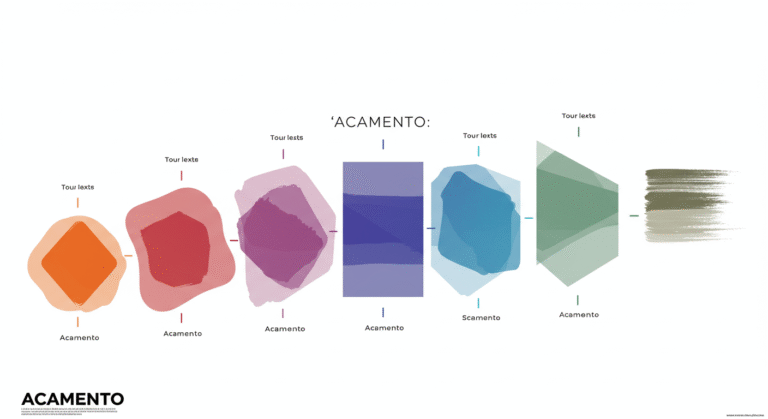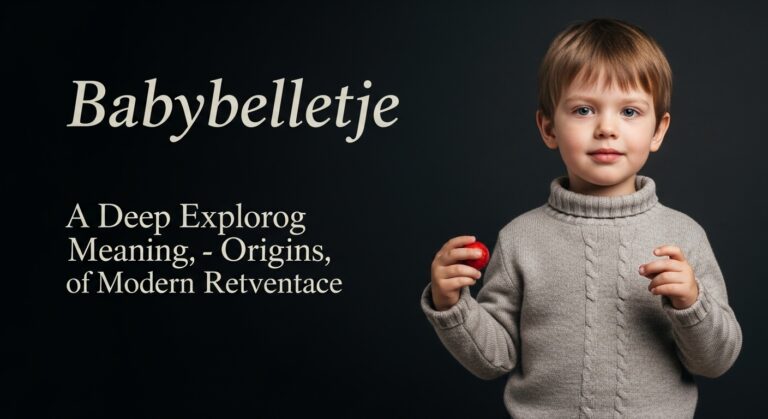Đeman: A Forgotten Word Revived in Balkan Language and Culture
In a world filled with modern slang and digital expressions, some words from the past quietly hold onto their charm. One such word is đeman—an elegant, almost forgotten term deeply rooted in Balkan culture. Once used to describe beauty, love, or something precious, đeman is more than just a compliment—it’s a poetic symbol.
This article explores the origin, cultural value, and modern revival of đeman, explaining why it still matters today in both speech and spirit.
The Origin and Meaning of Đeman
Where Did the Word Đeman Come From?
The word đeman is believed to originate from Ottoman Turkish and Persian, where similar words like cevher or jawhar meant “gem” or “essence.” As the Balkans were influenced by Ottoman culture for centuries, many Persian and Arabic-rooted words entered the local languages—especially in Bosnia and Herzegovina, Serbia, and Montenegro.
In time, đeman became a heartfelt way to describe someone or something of rare, radiant value.
Đeman as a Symbol of Beauty and Emotion
More than just meaning a literal gem, đeman evolved into a metaphor. It was often used to refer to people with exceptional beauty, charm, or soul. For instance, saying “Ona je đeman” (She is a đeman) means she is not only physically attractive but full of grace and spirit.
Đeman in Literature and Folk Traditions
Traditional Poetry and Songs
You’ll often find đeman used in old sevdalinka songs and oral poetry. These lyrical expressions used the word to describe lost loves, admired women, or deep emotional experiences. In those times, language was filled with metaphors, and đeman became shorthand for deep admiration or romantic longing.
Example line:
“Mili đemane, što mi srce rani…”
(“Dear gem, you wound my heart…”)
Folk Tales and Cultural Memory
In certain Bosnian and Serbian folktales, a đeman might even appear as a magical object—glowing, hidden, or gifted from heaven. In these stories, the word blends its literal gem-like quality with mysticism, symbolizing truth, love, or divine blessing.
Modern Usage of Đeman: Rare, But Not Lost
Everyday Expressions Among the Elderly
Among older generations, especially in rural or traditional communities, đeman is still occasionally used. Grandparents may call their grandchildren a “đeman” to express tenderness or pride. In such uses, it’s similar to calling someone “my treasure” or “my angel.”
Occasional Resurgence on Social Media
Though rare, đeman sometimes pops up in poetic captions, Instagram bios, or local music lyrics. Some creatives use the word intentionally to evoke nostalgia or cultural pride, especially when paired with images of traditional clothing, folklore, or handwritten poetry.
Đeman and Language Preservation
Why Words Like Đeman Are Disappearing
Globalization and fast-paced modern life have led to the decline of poetic and regional vocabulary. Words like đeman, once common in love letters or village songs, are now used less often—even in regions where they were once part of everyday speech.
Young people gravitate toward international slang, while traditional expressions fade into memory. But that doesn’t mean they are gone forever.
Efforts to Revive Traditional Words
In recent years, local writers, artists, and teachers have started to collect and reintroduce forgotten words like đeman. Through books, social campaigns, and spoken word performances, they’re encouraging youth to rediscover their linguistic roots.
When a word like đeman reappears, it reminds people of their heritage and encourages richer, more expressive speech.
Đeman in Art, Jewelry, and Design
Visual Representation of Đeman
Because the word literally means “gem,” it’s often used in art and design to represent inner beauty, love, or brilliance. Jewelry designers in the Balkans have even used the word đeman as a product line title, branding it as something rare and uniquely local.
Cultural Branding and Identity
Boutique businesses that want to reflect authenticity sometimes use đeman in their branding—appealing to local pride, nostalgia, and elegance. It’s an effective way to connect tradition with modern-day storytelling and product design.
Why Đeman Deserves a Comeback
More Than a Word—It’s a Feeling
What makes powerful is not just its meaning, but its emotion. Saying someone is a đeman isn’t about luxury or status—it’s about recognizing inner value, sincerity, and warmth. In a world full of superficial compliments, this word brings depth and heart.
A Cultural Legacy Worth Protecting
Preserving words like is also about protecting cultural identity. Languages are living archives of people’s emotions, beliefs, and customs. Letting these words disappear is like letting a part of our collective memory fade away.
When we say “đeman” today, we echo the voices of our ancestors and keep our traditions alive.
Conclusion: Đeman – A Word That Sparkles Through Time
In a sea of fast communication and surface-level language, stands out as a hidden jewel—quiet, poetic, and deeply meaningful. Whether used in a folk song, whispered by a grandmother, or rediscovered in a digital caption, this beautiful word reminds us of the richness in our native tongues.
By reviving and using words like , we don’t just save vocabulary—we honor history, relationships, and identity. And that is a treasure in itself.







